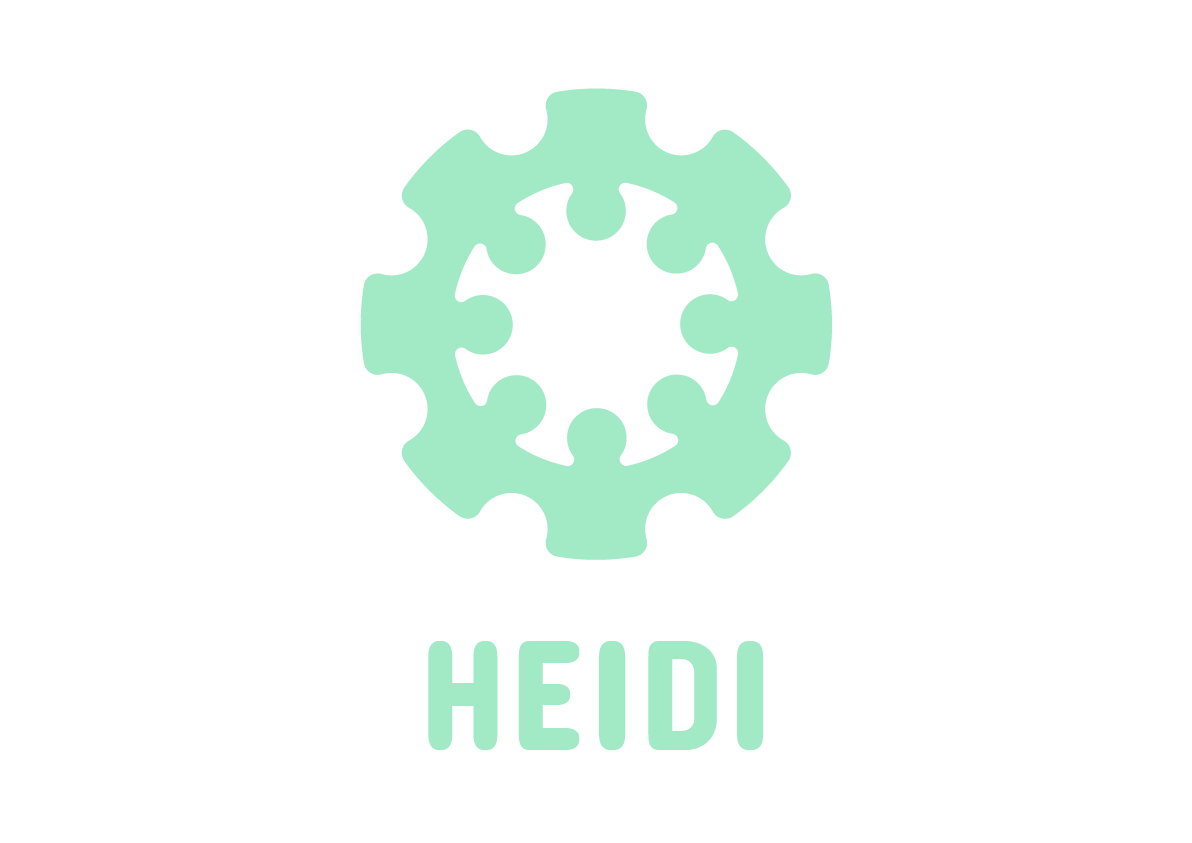Citizen Science Training at UCL: Engagement, Communication and Feedback with Citizen Scientists

This talk followed on from the previous talk.
We started by looking at recruitment for projects, which can be through social or traditional media, or for local projects something as simple as a poster in the library, and particularly approaching interested local communities such as the allotment committee, gardening or diving club, etc. We also looked at what makes a project appealing: a brief, clear description of the task and the purpose, not being afraid to describe the science (and provide opportunities for further learning) but avoiding jargon.
Alice then showed some examples of social media and encouraged the webinar participants to use the Padlet to consider their favourite or least favourite platform – some may be more useful than others for different purposes (e.g. recruitment versus retention and feedback).
Alice then showed some imaginary citizen science projects and invited the participants to think up questions people might have before joining it, and then, once they had joined, what else they might want to know. The lists of questions people might have are quite long!
We then went on to look at what sort of feedback is needed – what is being done with the science (and when, or when not, to provide individualised feedback), the project’s purpose and progress, and the best ways to do this, such as blogposts, newsletters, etc.
Alice told some stories of the immense rewards of creating a positive, helpful citizen science community, where participants help each other and often dig in to the science and even write blog posts themselves! However, maintaining such communities can involve a lot of work.
We concluded with an invitation for webinar participants to describe a particularly meaningful citizen science experience (such as participation in an especially interesting project), or, if they preferred, to write down their greatest worries about communication in citizen science. Both these were done on the Padlet, for everyone to have a record and to spark discussion.
Thank you to everyone who attended either or both of these two webinars.

